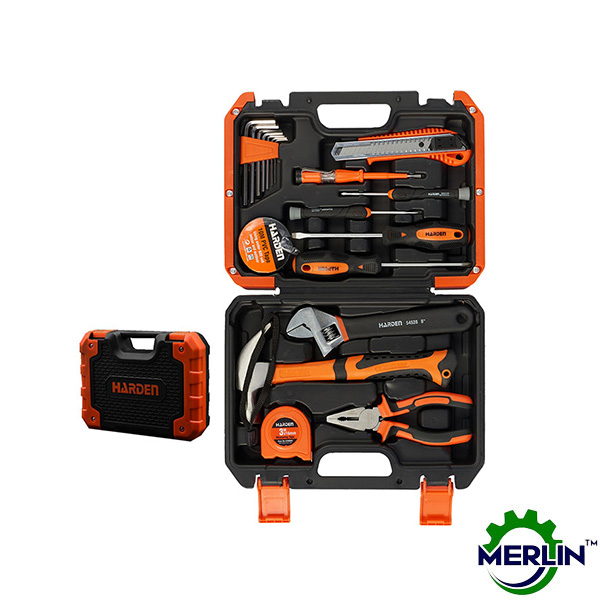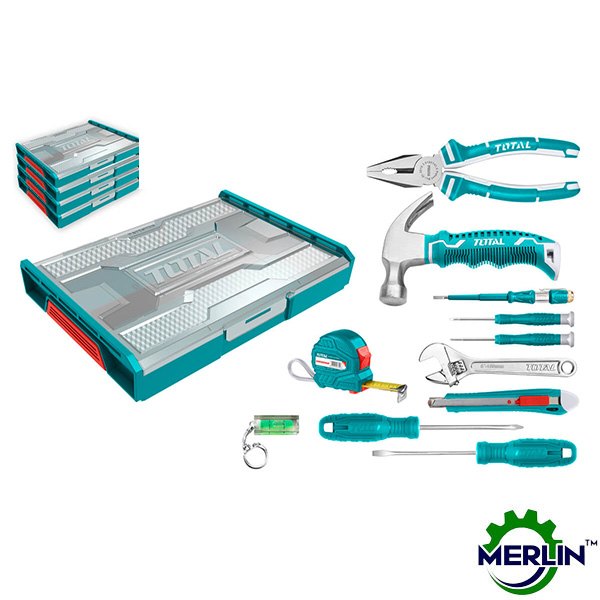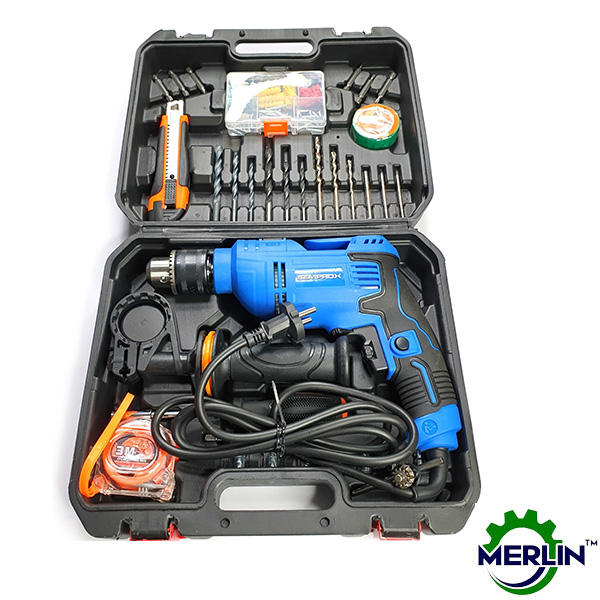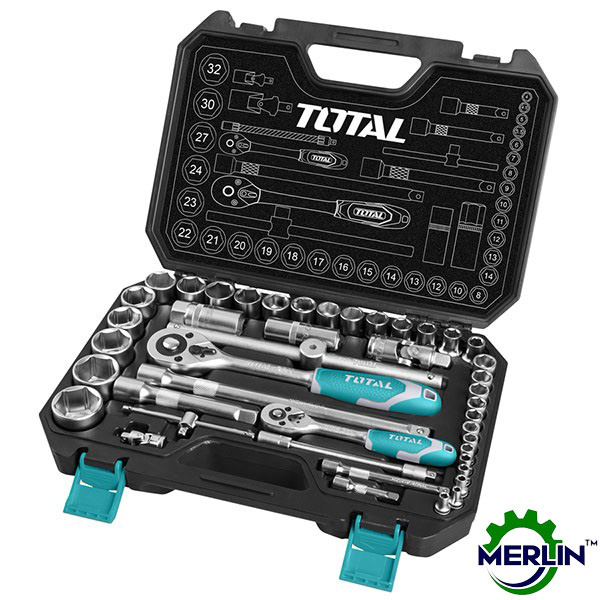



-
Available Sizes:40 – 44
KINGS Safety Shoe in Bangladesh
Specifications:
- Material: Full grain leather
laced shoe
- Toe Cap: Steel
- Midsole Plate: Steel
- Color: Black
- Slip Resistance: Tested against
EN ISO 20345:2011 clause
- Electric Resistance: Yes
- Penetration Resistance: Tested
with a truncated nail of diameter 4.5mm and 1100N force
- Energy Absorption: Seat region
- Fuel Oil Resistance: Yes
Features:
- Provides protection against
potential hazards in industrial and commercial environments
- Extra wide 5-toe toecap for
maximum comfort
- Impact protection: 200 Joules
- Compression protection: 15,000
Newtons
- Pierce resistance: Steel midsole insert, resisting up to 1100N
Why Important Kings safety shoe?
1. Prevention from Slips and Falls
Slips, trips, and falls are very common occurrences. The workforce often has to work on wet or oily floors, making them prone to tripping. Protective footwear with slip-resistant soles provides stable footing on these surfaces.
2. Protection from Punctures
Workers frequently step on sharp objects that can puncture their feet or get struck by falling objects. Shoes with heavy-duty soles and thick materials offer a protective encasing, safeguarding feet from such hazards.
3. Prevention from Falling Objects
Crushed feet and broken or lost toes are common injuries reported in industries like fishing, construction, and logging. Safety shoes, equipped with toe caps made of steel, aluminum, or composite materials, shield feet from the consequences of crushing injuries.
4. Protection from Electrical
Hazards
Electricity poses significant risks in the workplace, particularly in specific sectors. Normal shoes cannot provide the necessary protection. Safety shoes made from non-conductive materials like rubber and leather protect against electrical shocks, making them a wise investment for long-term safety.
5. Protection from Cold and Wet
Weather Conditions
Cold weather can lead to injuries such as frostbite and hypothermia, which cannot be overlooked in the workplace. People working outside in extreme weather are at risk and must prioritize their protection against these conditions.




